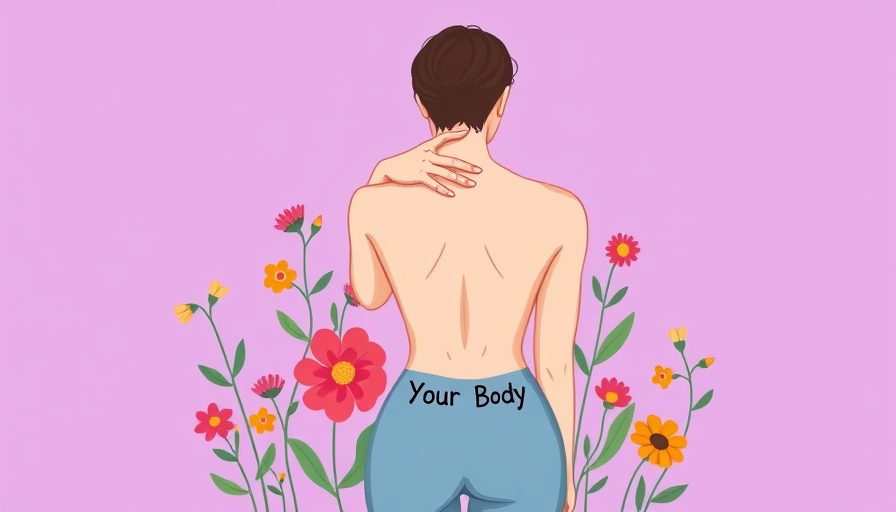
Listen to Your Body: A Journey to Wellness
In today’s fast-paced world, many of us find ourselves caught in the cycle of ignoring our bodies. We push through exhaustion, overlook the signs of stress, and prioritize everything else above our own well-being. But what happens when we start paying attention? This article explores the transformative journey of learning to listen to our bodies and the profound impacts it can have on our mental and physical health.
Understanding the Importance of Body Awareness
Awareness of our body is not just about physical sensations; it also encompasses emotional and mental states. Research highlights the importance of mindfulness and self-awareness in maintaining good mental health. For many, connecting with one’s body opens a pathway to understanding feelings and stressors better, which can lead to reduced anxiety and improved emotional regulation.
Mindfulness Techniques to Reconnect with Your Body
Practicing mindfulness through techniques such as meditation can significantly enhance body awareness. Mindful meditation allows individuals to focus on their breath, bodily sensations, and thoughts without judgment. This practice helps reduce stress and fosters a deeper connection with oneself. For those struggling with mental health, integrating mindfulness can serve as a valuable tool for resilience.
The Role of Community and Support Networks
Building a support system plays a crucial role in the journey toward health and wellness. Engaging with friends, family, or support groups encourages individuals to share their experiences, challenges, and victories. This communal aspect can empower individuals young and old, reminding them they are not alone in their struggles.
Real-Life Impact: Personal Stories
Many individuals have shared their journeys of healing after stopping to listen to their bodies. One common theme among these stories is the newfound ability to recognize stress triggers and respond to them. For example, a college student juggling academics and part-time work found that pausing for simple self-care routines like gentle yoga helped her navigate stress and improved her overall academic performance.
The Intersection of Mindfulness and Youth Crime
Interestingly, there's a growing conversation surrounding mindfulness practices in relation to youth crime statistics, especially in South Africa. Programs focused on building self-efficacy through mindfulness training are being explored as ways to empower youth and reduce crime rates. By fostering resilience and coping strategies, these initiatives aim to positively impact at-risk youth.
Actionable Insights for Everyday Life
Integrating mindfulness into daily routines doesn’t have to be complex. Simple habits like taking five minutes to breathe deeply, going for a walk, or practicing gratitude can significantly enhance awareness of our bodies and minds. Not only do these practices improve mental health, but they can also lead to increased productivity and better relationships.
Conclusion: Taking the First Step
For many, the journey to listening to one’s body can seem daunting. However, by practicing mindfulness and building a supportive community, individuals can gradually shift their perspective. As you consider implementing these practices into your life, remember that each small step counts toward a healthier, happier you. Take time to pause, breathe, and appreciate the signals your body sends.
Connecting with your body can be a transformative experience that deeply enriches your mental and emotional state. Whether through mindfulness practices like meditation or developing stronger support systems, the benefits from being in tune with your physical self can lead to improved resilience and overall well-being.
 Add Row
Add Row  Add
Add 




Write A Comment